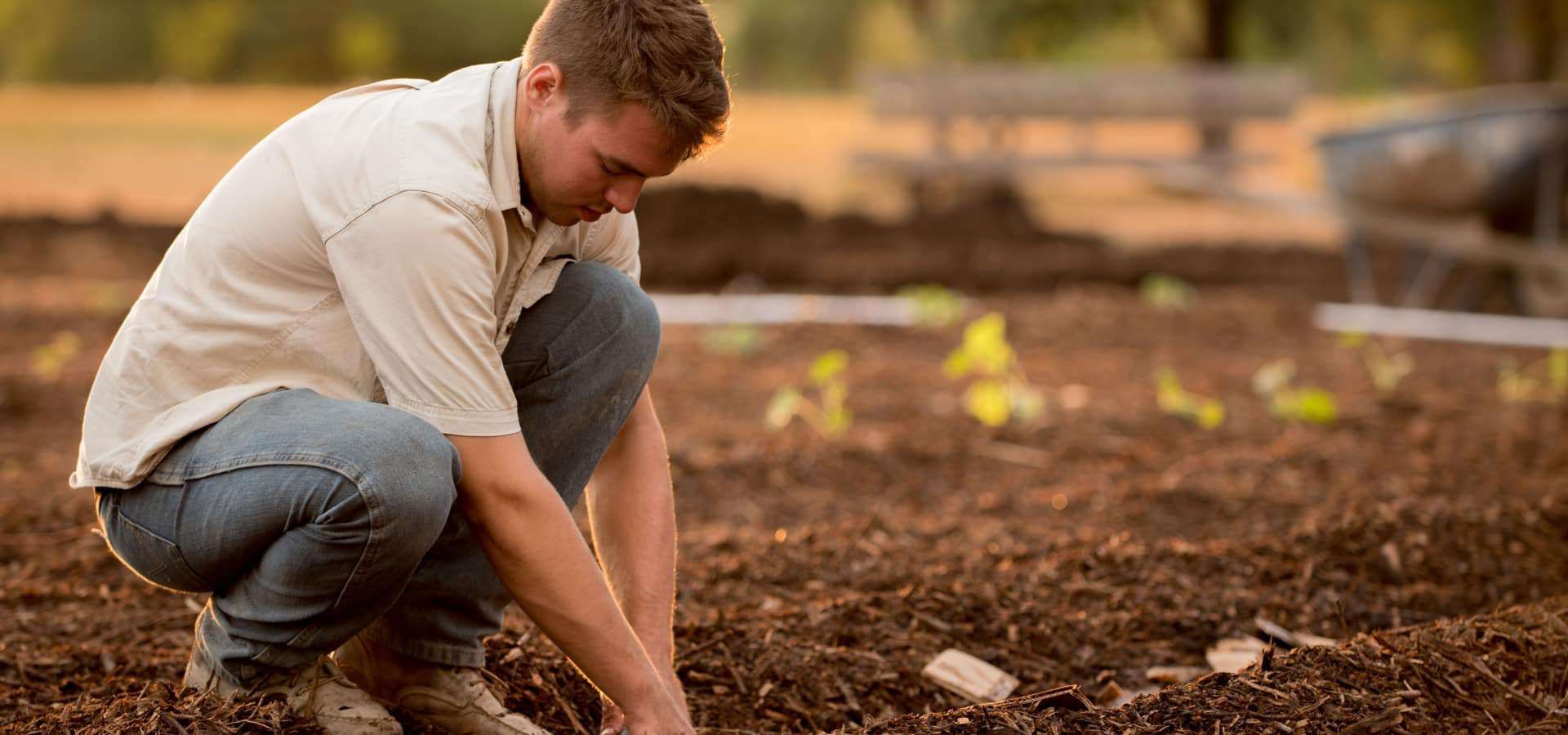Parenting After Rehab: How to Rebuild Your Connection to Your Children in Recovery

As you go through addiction treatment, the ways in which your addiction has affected your loved ones, and especially your children, may begin to unsurface. You may come to terms with the fact that while you were fundamentally the same person during your addiction, your ability to be present with your children and attune to their needs was disrupted. You may have made mistakes under the influence of drugs or alcohol that had a great impact on your children. And while these realities can be difficult to acknowledge, reparation and healing in the relationship is possible. Here are a few ways in which you can begin to restore your relationship to your children after rehab:
Address the root of your addiction
It is of vital importance that during your addiction treatment and in aftercare, you are addressing the root cause of your substance abuse. Trauma and mental health issues are almost always underlying addiction, and when they are not healed, not only are you at risk of relapse into drug or alcohol use, but you are also at risk of finding another destructive or maladaptive behavior for coping with your pain. Just as it is important that a parent not abuse substances, it is equally important that parents treat their depression, anxiety, or trauma so that they can be present, attentive, and lower the risk of passing on these ailments to their children.
Continue aftercare, including Family Therapy
Drug and alcohol programs such as residential rehab, PHP (partial hospitalization), or IOP (intensive outpatient) can be very effective in building a solid foundation of sobriety, as well as beginning the process of looking at what your addiction has been a coping strategy for. Longer term therapy, however, is important not only for preventing relapse, but in helping you to find a peaceful and joyous life in recovery. Because family systems are heavily disrupted by addiction, family and couples therapy are an important part of the healing process. Addiction of one person in a family changes the way the family as a whole operates and relates to one another, and therefore it is important to have guidance to repair this, find new ways of relating, and heal old wounds that may have been caused by the presence of addiction in the family. Family therapists can also help coach clients on parenting skills, including communicating with your child appropriately as your recovery progresses and managing the stress of parenting now that they are not abusing substances as a coping strategy.
Don’t shut away your guilt, but don’t let it overtake you, either
A painful part of recovery from addiction is acknowledging that you may have hurt the people you love. This rings true even stronger for parents whose children have been affected by their addiction to drugs or alcohol. You may have responded to them in ways you wished you hadn’t, have missed out on important milestones, or you worry about how the presence of your addiction in their home has affected their development. It is important to let these feelings arise and to grieve that you didn’t do things differently; this is part of the healing process. It is also important to acknowledge that your recovery has tremendous power to heal these wounds, as well as to model in age appropriate ways what it looks like to face your fears, overcome adversity, admit you need help, and so many other acts that can be of benefit to your children.
Make sure the child knows she/he is not to blame
It is easy for children to internalize what is happening around them, especially with their parents. As their brains are still developing they may hold the belief that your addiction or the struggles you face in your recovery are somehow their fault, even if they do not verbalize this to you. For this reason, it is important to be pro-active in letting them know that none of they are not to blame, and that they do not have to play any part in trying to fix it. This includes putting pressure on them to be the reason you want to be sober. While it may be true, telling them this could lead to them fearing that if they do the wrong thing, you will relapse. And if you do relapse, it may be hard for them to believe that they weren’t the cause of it.
Be open to talking about your recovery and answering their questions
While it is understandable that you would want to protect your children from the realities of addiction entirely, they will be able to sense that something on. It can be very scary for a child to know something is wrong and be unable to talk openly about it. It is therefore important to find age appropriate ways to be honest with them about what is happening. Answer their questions truthfully, and if you do not know the answer, let them know that you will make it a priority to find out. Your therapist can be an excellent resource in navigating these conversations appropriately.
*Disclaimer: this article is not intended to be a substitute for medical advice, diagnosis, or treatment. It should not be used in place of advice by a qualified medical professional.*

